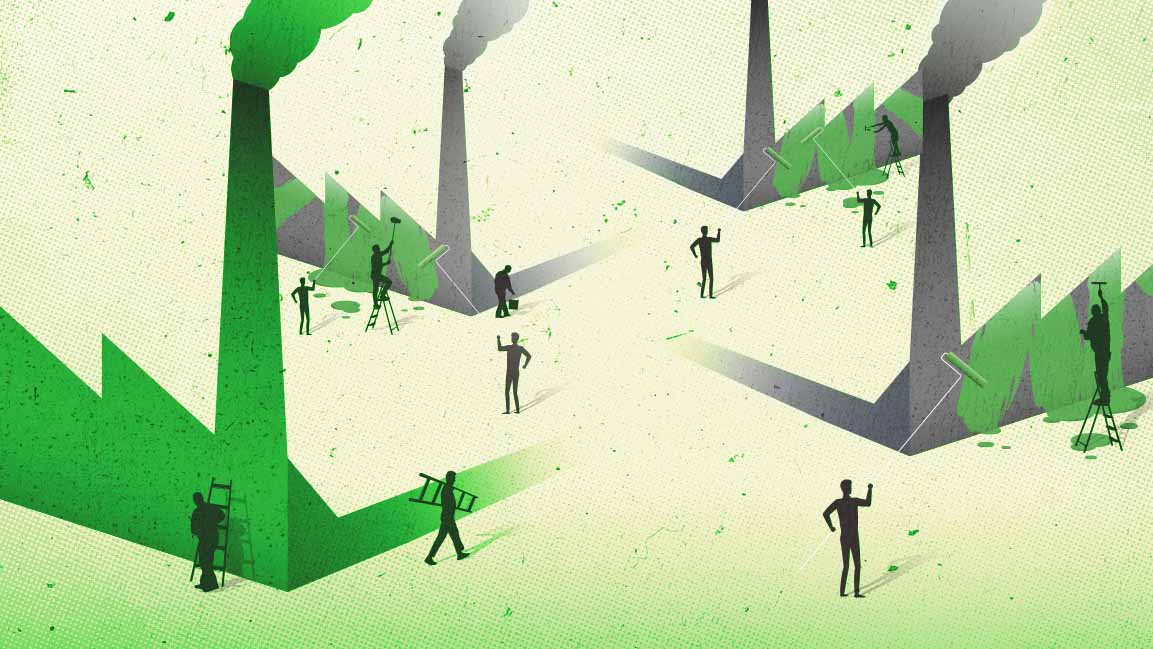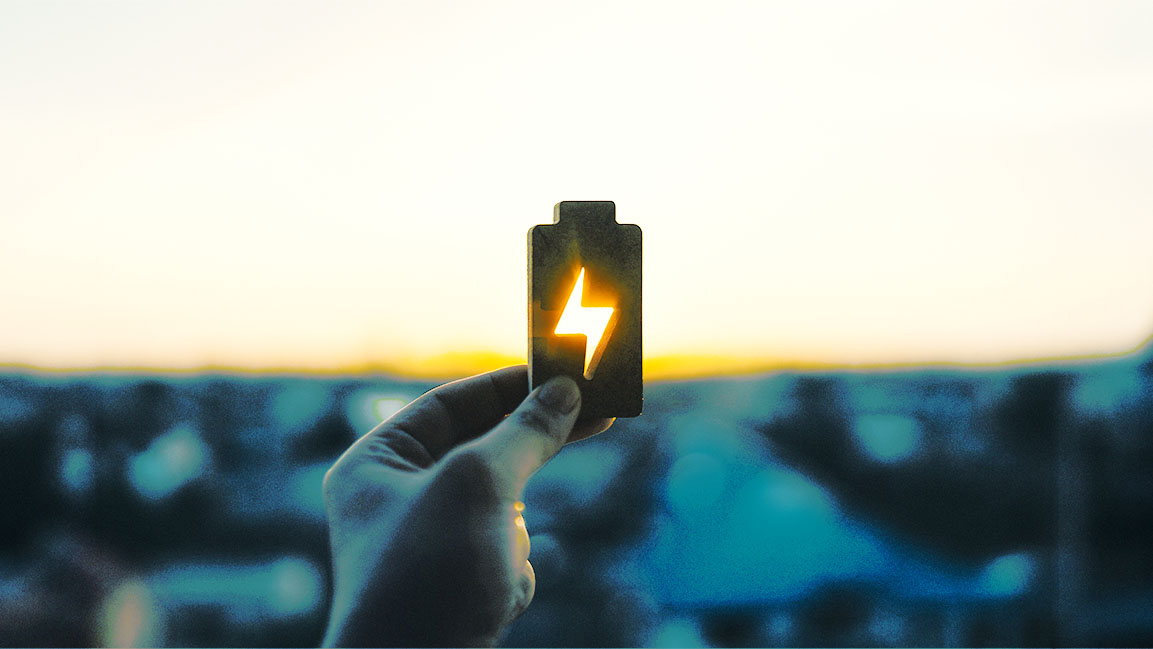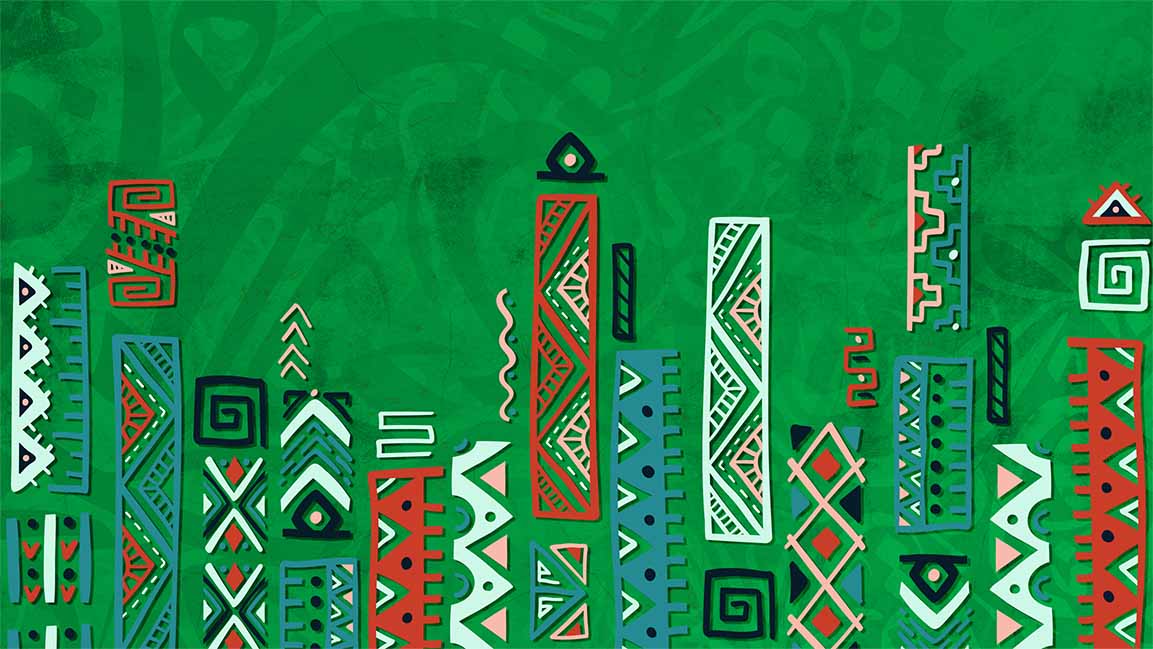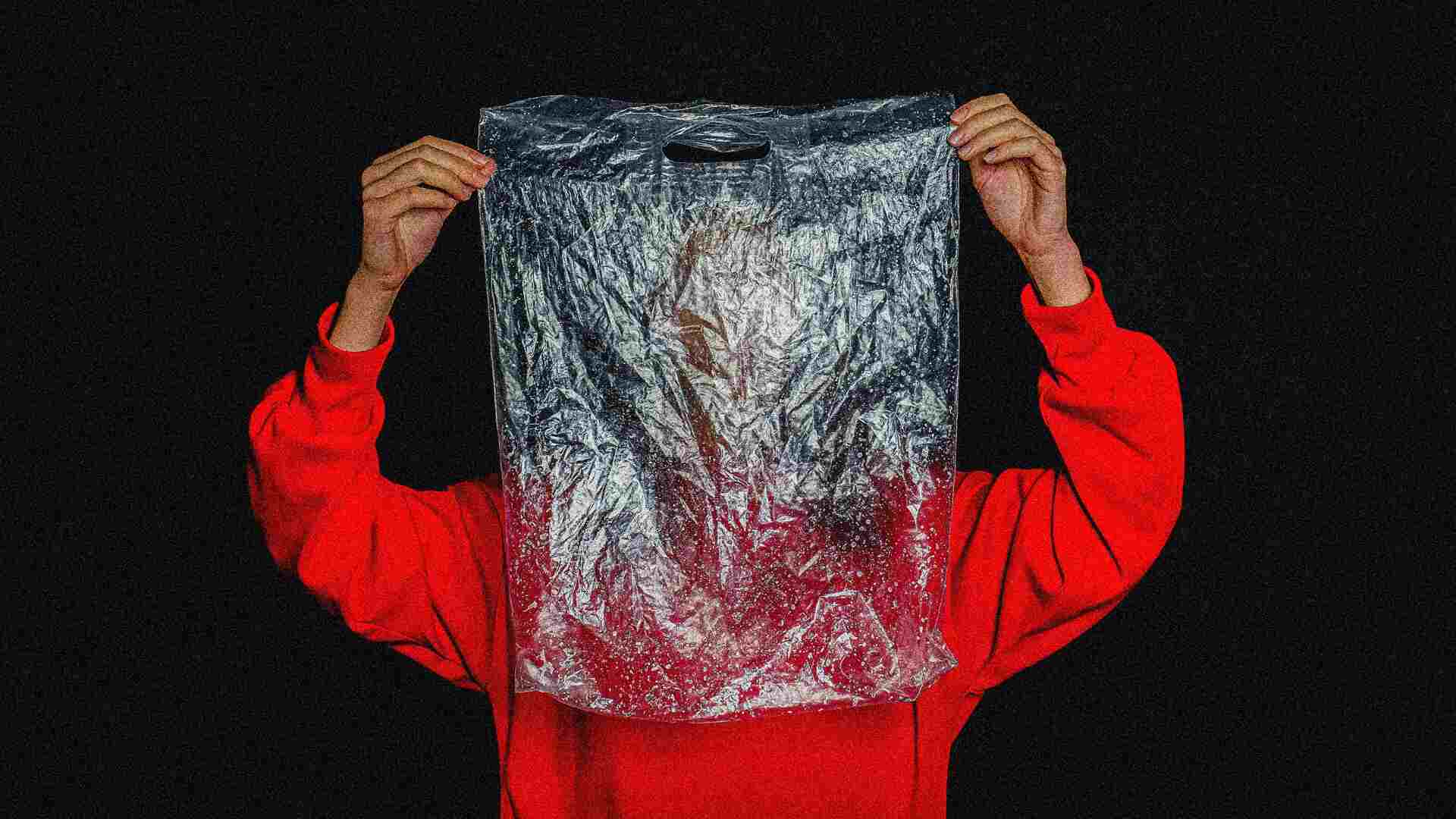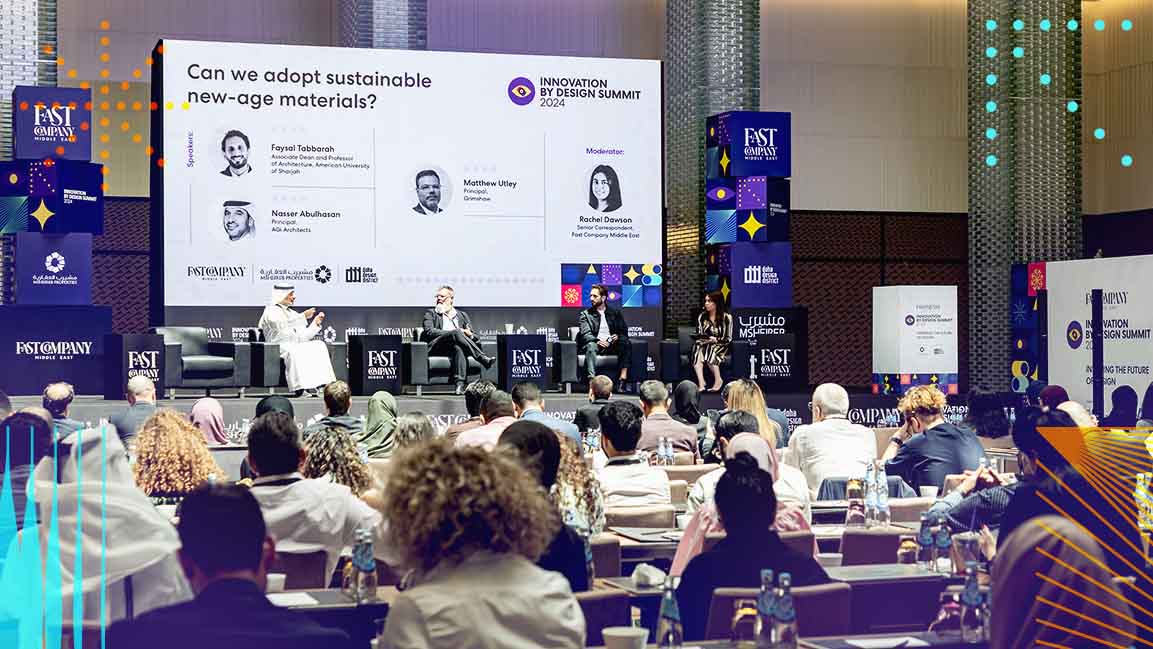- | 10:00 am
Youth-led solutions critical to solving environmental problems
From recycling organic and inorganic waste to conserving water by using the latest technologies, youth-led startups are tackling climate change head-on.
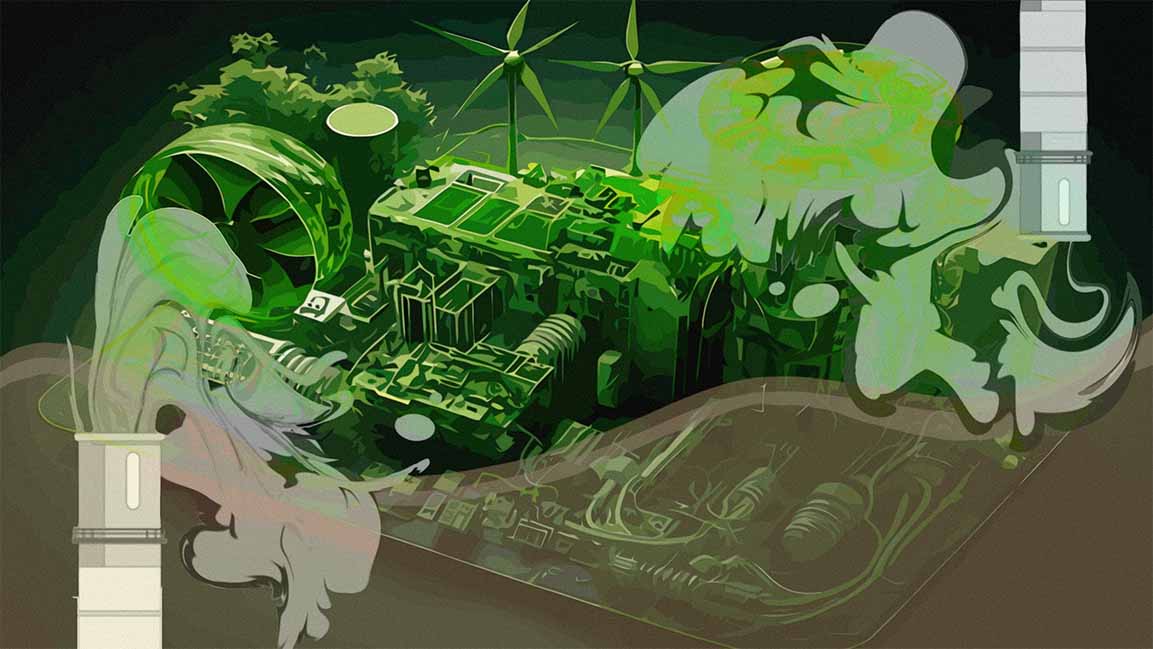
Having faith that the next generation is more aware and concerned about the environment, leaders have pinned their hopes on the youth to develop innovative solutions to tackle problems like water scarcity, growing waste piles, and rising emissions.
Wael Ismail, Vice President, Corporate Affairs MENA and South Asia, PepsiCo, feels it is time to recognize the power of youth and encourage them to take action.
“COP28 happening in the UAE will put more spotlight on the youth and drive innovation to help us accelerate our journey collectively and also be a great statement to the power of youth. The young generation can help us drive tangible, locally relevant, sustainable solutions,” he says.
Youth are also rising to the occasion and coming up with out-of-box solutions to mitigate the climate crisis.
On World Environment Day, we take a look at a few youth-led startups in MENA working to reduce the carbon footprint of various sectors and turn things around.
WASTE RECYCLING
Tackling the problem of disposing of organic waste, Edama Organic Solutions of Saudi Arabia is working towards a circular economy by turning organic waste into soil. It is a fast-growing startup founded by Sabrina Vettori, Mitchell Morton, Rowan Jandu, and Saud Alhagbani in 2017 as a spin-off company from King Abdullah University of Science and Technology (KAUST). They are now developing organic waste recycling solutions designed specifically for desert environments. They help develop green areas and provide the agriculture sector with its organic “soil improver” made from organic waste that improves the yield by 40%.
Inorganic and e-waste is another major problem that we face today. Vikram Krishna, the co-founder of Sacred Groves, says, “There are more mobile phones in the landfills than there are people on the planet.” This is the scale of waste generation.
To prevent more inorganic waste from piling up in landfills, two startups in Egypt have found new-age solutions to reduce waste.
Bekia, founded by Alaa Afifi Kamal in 2018, collects inorganic waste like cans, plastics, and metals from individuals and sends them to recycling centers to bring them back into circulation. They offer reward points to the citizens who get the segregated waste to their local centers.
On the other hand, TileGreen, founded by Khaled Raafat and Amr Shalan, recycles plastic waste by turning it into tiles for construction. These startups try to find value in waste and prevent further emissions from extracting limited natural resources.
WATER CONSERVATION
Despite having less than 2% of the world’s renewable water supply, the per capita water consumption in the MENA region is the highest globally, especially in the wealthier nations. The World Bank estimates that Kuwait uses 2,465% of its available renewable water reserves, followed by Saudi Arabia with 943% consumption and Bahrain with 220%. This consumption rate is far higher than in regions that do not face year-round water scarcity.
To use this precious resource wisely, Badia Farms, founded by Omar Al Jundi, has switched to hydroponic farming, which uses 80% less water than soil-based farming. The startup, founded in 2016 in Dubai, grows microgreens and herbs and reduces water consumption that otherwise goes into farming.
Another startup founded in 2018, Zeopi, is working to ensure the availability of drinking water even in the world’s most water-scarce regions. The startup uses natural technology, using a particular kind of stone to filter tap water to make it drinkable. It has been developed by the students of United Arab Emirates University (UAEU). Their vision is to make a filtration system that can be deployed even in a bottle and used by communities that do not have access to clean drinking water.
Keno Car Wash, a Dubai-based startup, has created a dry-wash, biodegradable formula to clean cars, substituting water. The startup claims its formula saves around 130 liters of water per car wash compared to traditional methods.
SUSTAINABLE FASHION
Meanwhile, demand for buying and selling second-hand fashion items in the region is rising, as young consumers are becoming more environmentally conscious.
Many regional startups are now turning to pre-loved items to minimize their carbon footprint by reducing emissions and water consumption.
FabricAid, a startup in Lebanon, allows the marginalized and economically weaker sections of society to reuse clothes. Established in 2018 by Omar Itani, this startup prevents the wastage of fabric.
Dubai-based Bazaara, an online marketplace for second-hand fashion items, and the Luxury Closet, another marketplace that began in 2011, promote pre-owned fashion apparel at nominal prices. It accepts second-hand clothing and accessories from those who wish to part with their favorite pieces but want to see others enjoy them.












